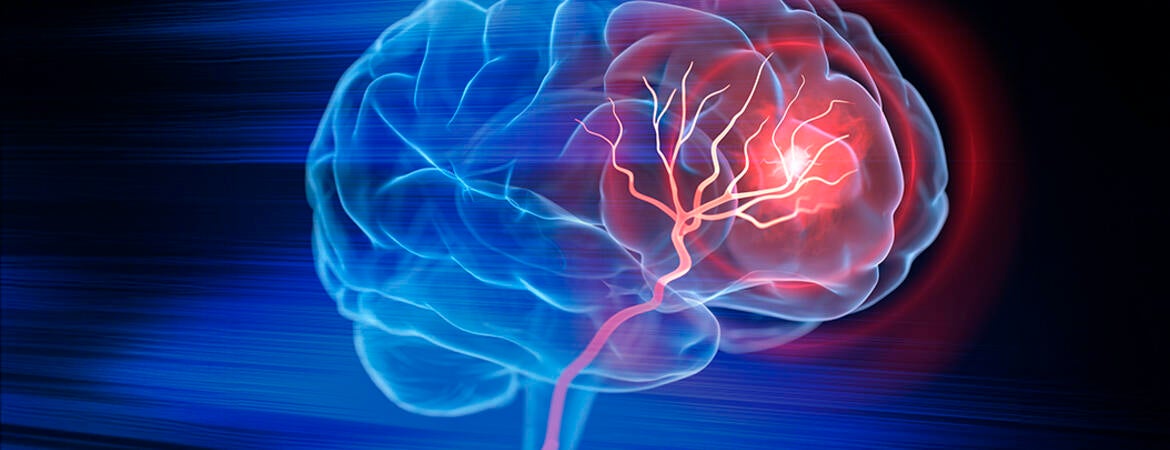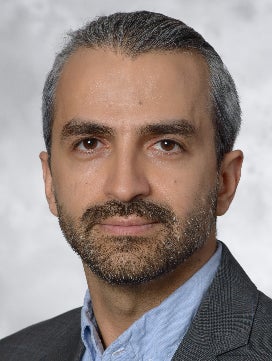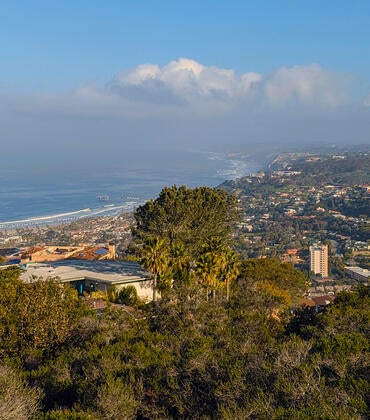
While stroke remains a leading cause of death and disability in the United States, one area of hope lies in learning more about the network of “backup” blood vessels in the brain.
Kaveh Laksari, a UC Riverside assistant professor of mechanical engineering, hopes to close the knowledge gap with research funded by a $3 million grant awarded this month by the National Institutes of Health.
Laksari’s research will focus on the role of backup vessels, called collaterals, in restoring blood flow to affected areas of the brain following acute ischemic strokes (AIS), which are caused by blockages in larger vessels. Therapies to redirect blood flow in the brain following a stroke are effective only if they occur quickly and precisely. Physicians, however, are now hampered by the complexity of collateral vessels because they are so small and intricate.
“We will study anatomic and morphologic features in the brain’s vasculature during ischemic stroke to better assess stroke severity and improve outcome predictions,” Laksari said. “I am grateful for this opportunity and look forward to getting started.”
While timely diagnosis of AIS and accurate predictions of response to blood flow restoration therapies are key to guiding treatment strategies, accurate and reliable predictive models are lacking despite efforts to use many clinical and imaging biomarkers.
Laksari and his collaborators will use the grant to create new predictive models. They have already developed an algorithm that gathers data about the morphologic and geometric features of the brain’s vascular system from commonly used MRI and CT angiography scans of the brains of healthy people and stroke patients.
The five-year grant will allow Laksari to further develop the algorithm to automatically extract complex cerebrovascular morphology data in real-time. He will work to develop models to analyze the collateral vessel structures and other information collected following patient hospital admissions to predict major complications and long-term outcomes after a stroke.
Laksari’s collaborators include Dr. Pouya Tahsili-Fahadan, the stroke medical director at Inova Fairfax Hospital in Virginia and an assistant professor of medical education at the University of Virginia; Dr. Max Wintermark, professor and chair of neuroradiology at the University of Texas MD Anderson Cancer Center; Dr. Ramin Zand, professor of neurology at Penn State University; and Dr. Vida Abedi, associate professor at Penn State’s Department of Public Health Sciences.




